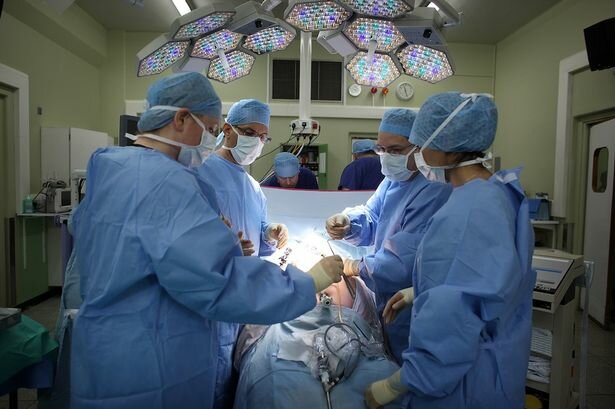The measure comes after the CDF’s spending projections for 2015/2016 suggested it would go almost £100 million over its planned budget of £340 million.
It says these nurses are essential in providing breast cancer patients with medical, practical and emotional care from diagnosis to recovery.
Two myeloma drugs Imnovid (pomalidomide) and Revlimid, will no longer be funded on the NHS in England.
Baroness Delyth Morgan, chief executive at Breast Cancer Now, said: “This is a awful day for breast cancer patients”. ‘Any decision which deprives patients of life-saving and life-enhancing medicines is a significant blow to the health and well-being of future NHS patients, ‘ she said in a statement. But due to budget overspending, in January the rules were changed so that only those on an official central list are paid for.
But the distressing de-listing process could have been avoided “if NICE and NHS England had transitioned earlier to a more appropriate, sustainable solution for evaluating and approving cancer medicines for routine use”, argues Alison Clough, the Association of the British Pharmaceutical Industry’s acting chief executive.
“Kadcyla is a one-of-a-kind drug proven to extend life, and the fact is that because government, the NHS and the pharmaceutical industry have failed to agree realistic prices for new drugs, some women will die sooner”, she said.
Samia al Qadhi, chief executive of Breast Cancer Care, said: “This devastating decision will mean shattered hopes for thousands of women who could have been helped by these drugs”.
Sara Hiom, Cancer Research UK’s director for early diagnosis, said: “The state of NHS diagnostic services is deeply concerning – and new GP referral guidelines from NICE mean that even more patients will be waiting for these tests”.
It has been hugely successful in improving outcomes for patients in England and over 76,000 people have benefited from the Fund. As a result, the United Kingdom has gone up in the ranking in Europe from 10th place to 7th place in terms of access to cancer medicines.
“Breast cancer nurses do a fantastic job but they are under more and more pressure to provide the same quality of care with much less time, more responsibilities and many more patients”.
Other drugs that have been delisted include Abraxane (paclitaxel) – also from Celgene, and the first approved pancreatic cancer treatment in 17 years, and Roche’s Avastin (bevacizumab), the biggest selling oncology drug, which loses three indications in the latest round of cuts, having already lost three indications earlier this year.
It said manufacturers of nine of the 16 drugs would now have the opportunity to drop the price they asked the NHS to pay in order to keep their drugs on the list.
“We must ensure we invest in those treatments that offer the most benefit, based on rigorous evidence-based clinical analysis and an assessment of the cost of those treatments”.
When the fund was created, officials said it would pay for any treatment which an NHS consultant sought. What’s more, people with lung cancer in Austria are nearly twice as likely as patients in the United Kingdom to still be alive five years after their diagnosis.
The move is part of a second reassessment of the CDF.
